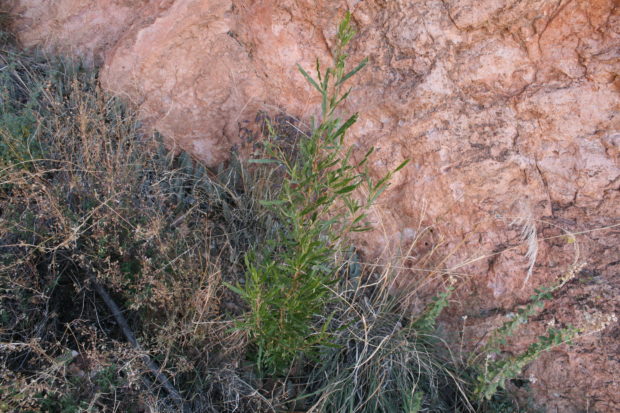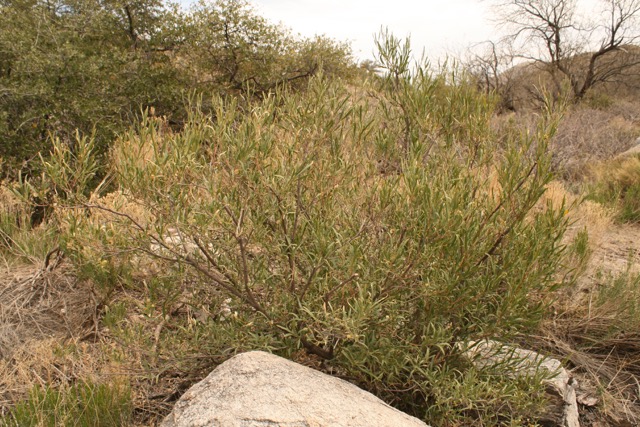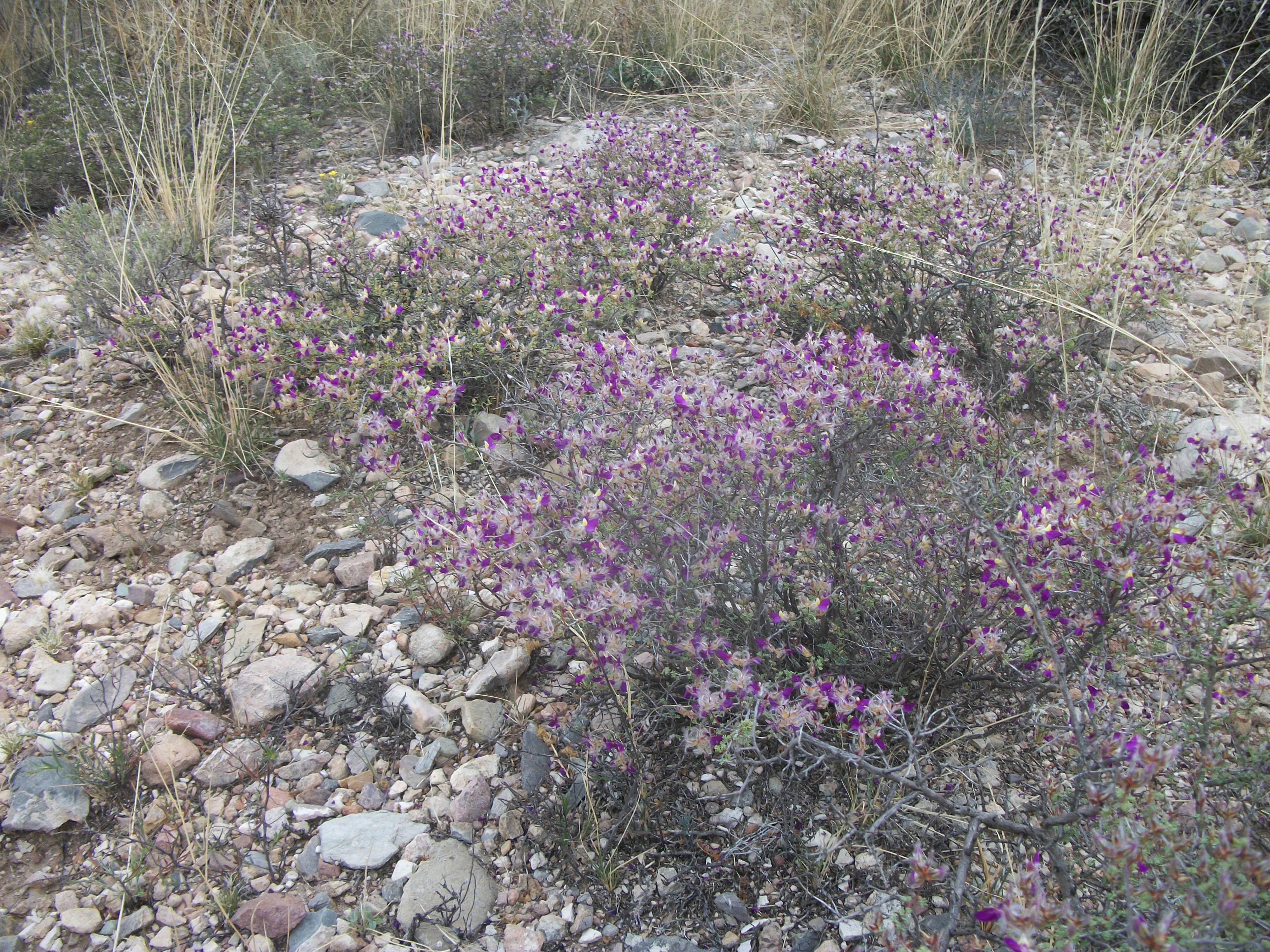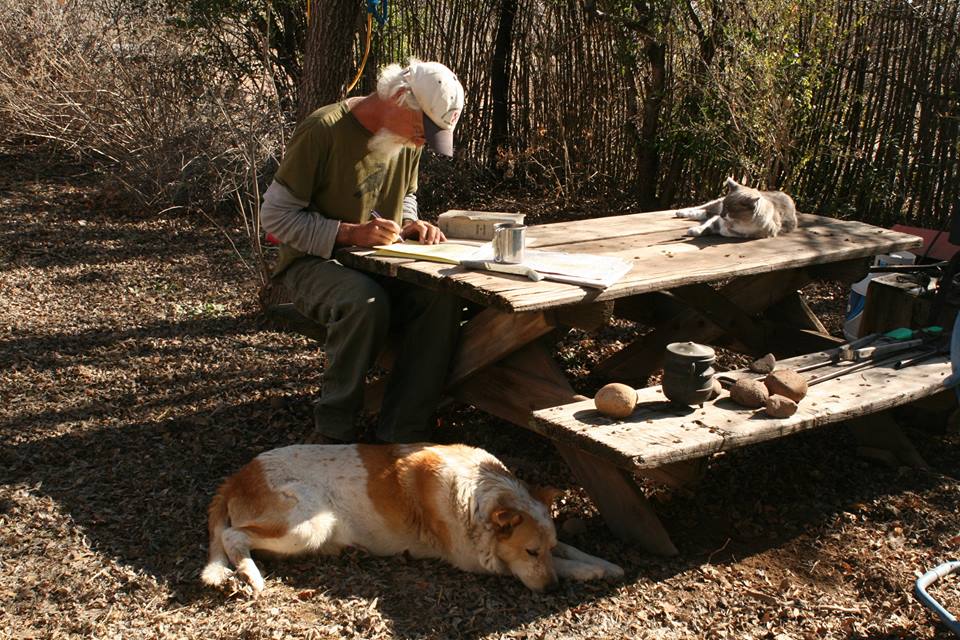The green dodo, Dodoneaea viscosa…I don’t think that the variety angustifolia still applies to our native dodo as botanists Benson and Darrow had it…anyway, it was a very common landscape plant around Tucson back when I first started working in a wholesale nursery. That was the spring of 1980 and we must have sold thousands of them over the next couple years. We always had a large block of them growing and ready to be shipped. What a success story for a regional native plant, but now I don’t see it being grown or utilized in landscapes as much. Plants come and go in the nursery/landscape industry almost like fashion, as in, “Green dodos are so last week.”
Well, I still love them and here are a few things to know about them. They are in the soapberry family, Sapindaceae. They are three genera in the family found in Arizona; Sapindus, Dodonaea and a wonderful little vine called Cardiospermum. There around 50 species of Dodonaea and my old Hortus Third says they are “native to the tropics and subtropics of both hemispheres.” Dodonaea viscosa is found from central and southern Arizona down into South America and the West Indies. The further south you go the varieties are less cold hardy, so ours is the perfect evergreen shrub for landscapes in the borderlands that range from 2,000’ to 4,000’ in elevation. It makes sense right? It’s native.

The photo is mine and of a small green dodo at the base of a cliff in the Galiuros. I’m pretty sure I took that with my phone. There is no phone reception where I hike in that range, but a phone makes a for a nice compact camera that can remind me of things I see while out traipsing. If you’d like to see more photos of this wonderful wild plant go to this link and type in Dodonaea viscosa in Search Taxon: http://swbiodiversity.org/seinet/

I think buttonbush (Cephalanthus occidentalis) is pretty cool, but I would never recommend it for a landscape in southern Arizona unless there is an...

The pumping of ground water to irrigate corn, alfalfa, cotton, pecan trees and pistachio trees in the Sulphur Springs Valley is…I can think of...

The Loggerhead Shrike is common, but still a fun sighting when your are out in the field. The first time you find an insect...